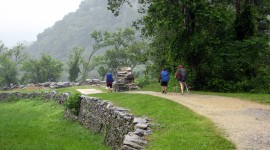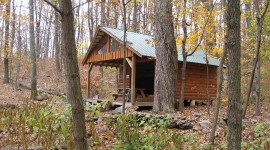Supreme Court to Consider Pipeline Across Appalachian Trail
On October 4, 2019, the U.S. Supreme Court agreed to hear arguments about whether a portion of the Atlantic Coast Pipeline (ACP) may pass beneath the Appalachian Trail through land administered by the National Park Service (NPS) in Virginia.
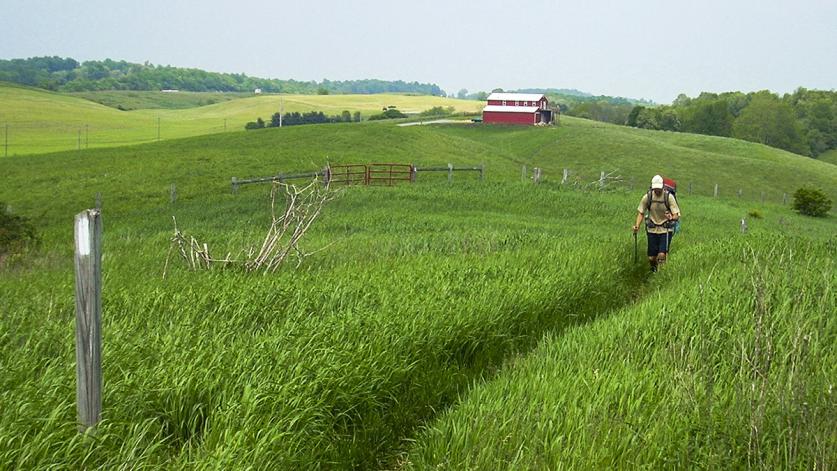
At an estimated cost of $7.5 billion, the 600-mile-long pipeline would carry fracked natural gas from West Virginia’s Marcellus Shale to parts of Virginia and North Carolina. In January 2018, federal permits were issued allowing the ACP to cross the Appalachian Trail on national forest land at a point southwest of Charlottesville, Virginia, near the Three Ridges Overlook.
But in the matter of Cowpasture River Preservation Association v. Forest Service, the Fourth Circuit Court of Appeals ruled that the U.S. Forest Service did not have the authority to issue the permit, because the Mineral Leasing Act of 1920, which authorized the granting of rights-of-way and the leasing of federal lands for energy development, carefully defined “federal lands” as U.S.-owned lands “except lands in the National Park System.” When the Appalachian Trail was designated a National Scenic Trail in 1968, Congress established that it would be administered by the NPS—even those parts of the trail that traverse National Forest Service lands, which are otherwise under the purview of the Secretary of Agriculture.
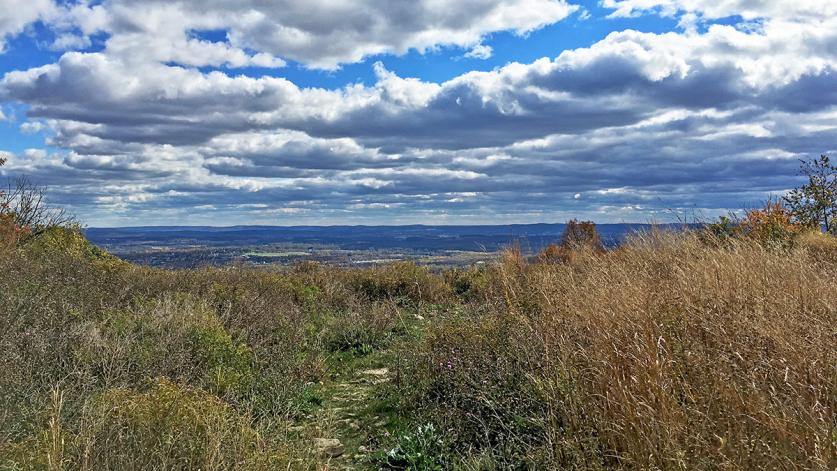
As the Washington Post reported back in August, work on the ACP was brought to a halt in the wake of the Fourth Circuit’s decision, which vacated a permit issued by the NPS to tunnel under the Blue Ridge Parkway, as well as a permit from the U.S. Fish and Wildlife Service allowing harm to several species of wildlife.
The brainchild of conservationist and planner Benton MacKaye, the Appalachian Trail was created by private citizens nearly a century ago and is the world’s longest footpath dedicated solely to hiking. It stretches nearly 2,200, miles from Maine to Georgia and traverses fourteen states, allowing more than three million visitors each year to experience the scenic beauty, natural wilderness, and cultural landscapes of America’s Appalachian Mountains.
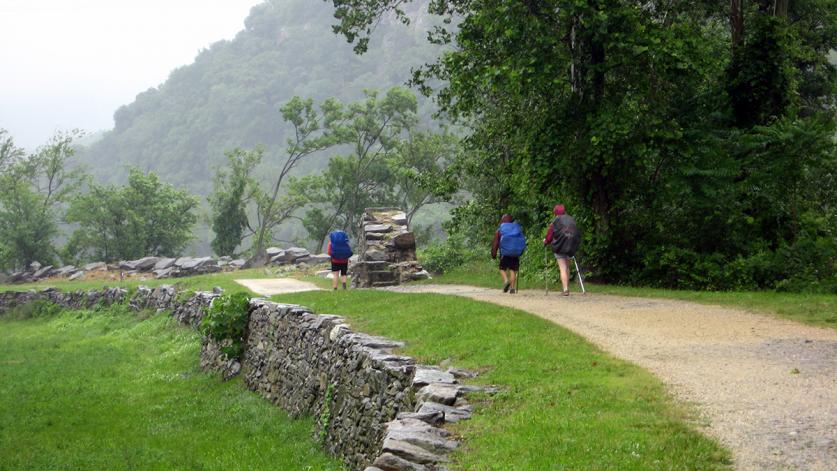
Although the Supreme Court has agreed to hear the case, there are still many permits that must be obtained should the court rule in favor of the pipeline, many of which have been rejected or revoked on other procedural grounds. The recent news was nonetheless greeted on Wall Street with enthusiasm. According to Bloomberg News, when the high court’s decision to hear the case was announced, shares of Dominion stock “rose as much as 2.7%, making it the fourth-best performer on the S&P 500.”
In response to the October 4 decision, the Southern Environmental Law Center and the Sierra Club issued the following joint statement:
We will defend the lower court’s decision in this case. The Atlantic Coast Pipeline is a dangerous, costly, and unnecessary project and we won’t stand by while Duke and Dominion Energy try to force it on our public lands, threatening people’s health, endangered species, iconic landscapes, and clean water along the way.
The case will go before the court early in 2020, with the ruling likely to come in June or July. TCLF included the Appalachian Trail in its Landslide program in September 2019, noting that the path of the ACP would be visible from several key observation points along the nationally significant trail.







